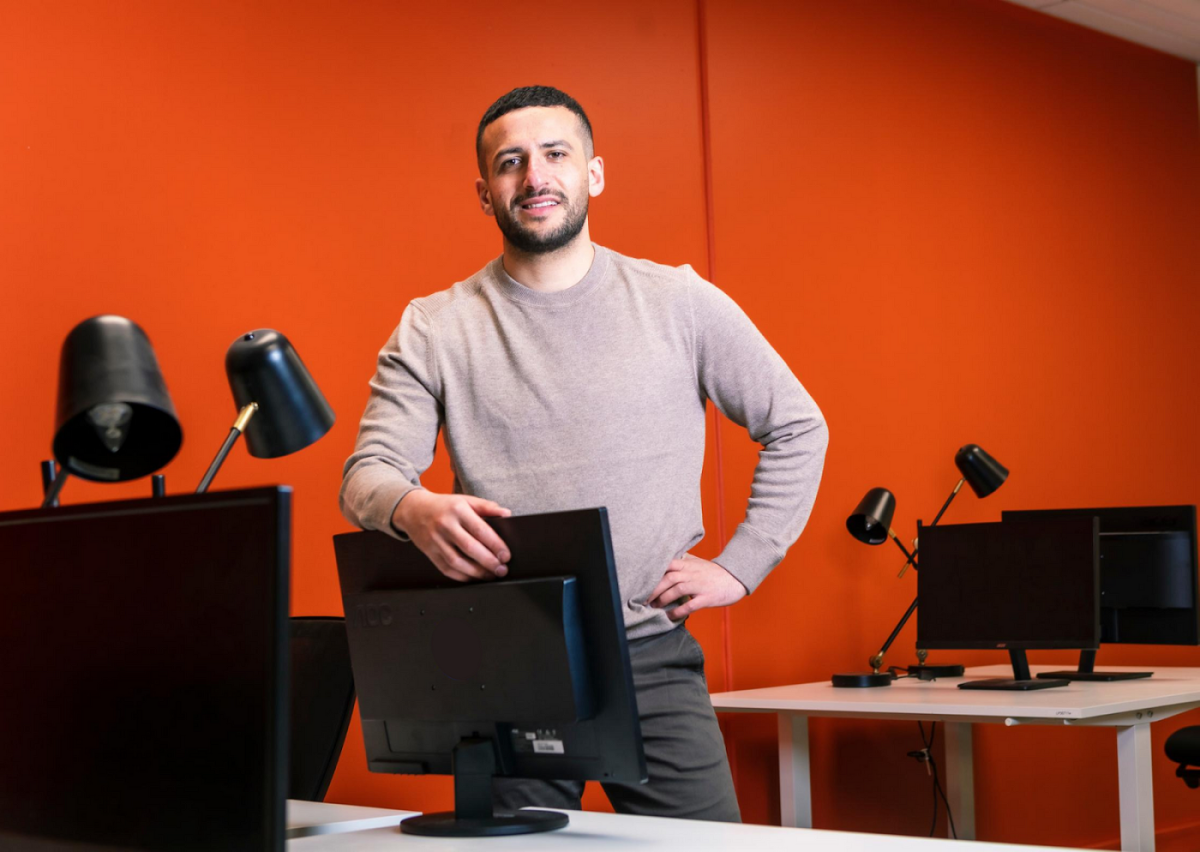Since the COVID-19 pandemic hit Australia, ecommerce is seeing explosive growth and new records set for online shopping. April 2020 saw a 31% increase in people shopping online, reaching a record of 5.2 million. Ecommerce boomed as lockdown left consumers with no option but to purchase their goods online, and now many of these consumers have been converted to loyal online shoppers. This moment in time has reshaped consumer behaviours and expectations. If a second wave of COVID-19 does arrive, these preferences will only be further reinforced as the new norm, and we can expect to see even greater opportunity and innovation in the industry. If you’re in retail, here’s what a second wave means for you:
No more excuses: adapt to the new normal
A second lockdown shouldn’t be your impetus to start prioritising ecommerce. Consumer behaviour is a fickle thing, but the sheer size of the shift to digital that emerged from the last lockdown is very difficult to dismiss as a ‘one-off’, but a new reality for businesses who must now adapt and invest heavily in their online presence. Habitual online purchasing that has become the norm in the US, Canada and the UK will become normal behaviour for the average Australian. It will not be limited to specific product categories, but all items, including the essentials such as groceries, pet goods, homewares and furniture.
Prioritising ecommerce doesn’t begin and end at having a website. For example, the rise of online buy-now-pay-later payment methods will also become a requirement for businesses that want to compete online. Latest figures from June 2020 reveal over 12.3 million Australians (59%) are now aware of BNPL services such as Afterpay and Zip – up 22.1% points in only 18 months – as their popularity grew in lockdown. Retailers who fail to include them moving forward will miss out on sales as consumers expect more options to help them budget and afford bigger ticket items.
Logistical challenges
While this growth brings greater opportunity for businesses, another lockdown would also bring a host of challenges. Some retailers will experience disruptions to their supply chains from overseas depending on the COVID-19 situation internationally. Delays in supply may hinder efforts to provide the reliability and speed that consumers now expect. Social distancing in warehouses will also be another roadblock for businesses to reach their full capacity. Consumers in metro areas are accustomed to receiving parcels within hours if not days, and any delay will leave them feeling underwhelmed and put businesses at risk of losing a once happy customer. Some businesses will be forced to offer click-and-collect services if they have the resources to do so. Setting up prioritised mailing options that a customer can select to ensure their purchase is the first on the warehouse picking list can also help build loyalty from customers that want fast service and are willing to pay for it. The more options a retailer can give a consumer to get their product to them fast, the better.
Greater competition and opportunity
With more retailers fighting for a share of the growing market, gradually improving as they go, innovation will become a must. Business leaders need to think about what they can do better than is already out there – provide 100% reliability and remove all barriers to purchasing. They need to provide better prices, faster delivery, higher quality, more choice, and greater flexibility to their customers.
Armed with business intelligence from the last lockdown, retailers should be making informed decisions and refining their strategies to effectively reach their target market. Brands who try to take on too big a slice of the pie are at risk of not honing in on their true customer. Personalised experiences will become more important. As for the challenges of supply chain or delivery delays, businesses will need to manage consumer expectations and amplify other parts of the customer experience to give them a reason to continue with their purchase over competitors. This is where customer service becomes critical and the benefits of human touch should not be forgotten. A simple phone call in response to customer enquiries or feedback can make a world of difference.
Rojie Tadros is CEO and founder at Payday Deals

